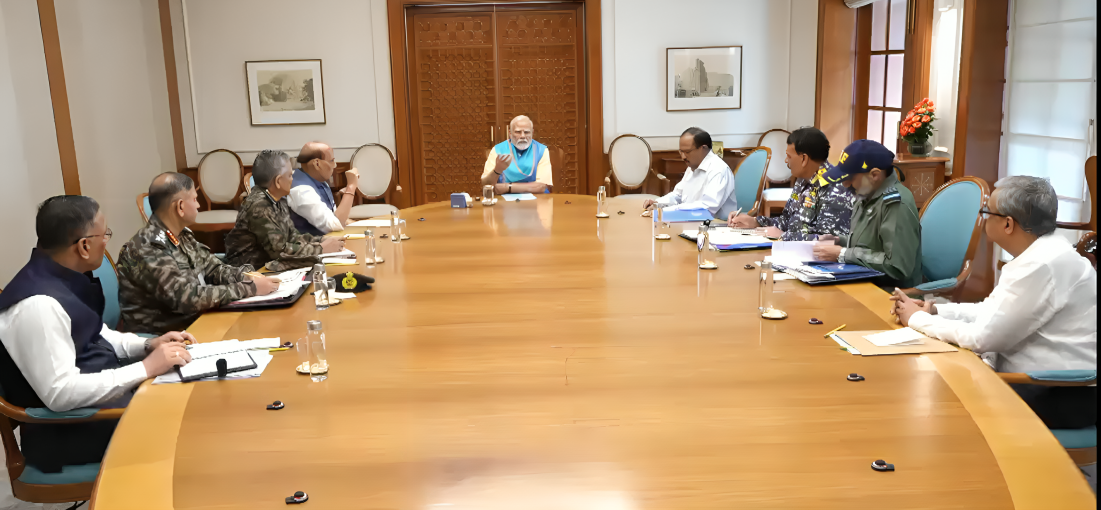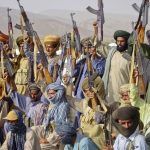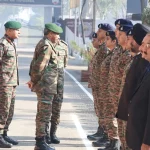In a landmark shift in national security doctrine, India has announced that any future acts of terrorism on its soil will be treated as an “Act of War.” The declaration signals the government’s readiness to respond with decisive and proportionate military force, marking a sharp escalation in India’s counterterrorism posture.
The new policy comes in the wake of the April 22 terror attack in the Baisaran Valley of Jammu and Kashmir, where 26 civilians—many of them tourists—were killed in a coordinated assault. Indian officials have pointed to cross-border involvement, particularly from Pakistan-based militant groups, as the source of the attack. Although Pakistan denies any role, the incident has pushed India to redefine its rules of engagement.
According to top government sources, India’s armed forces are now on heightened alert, with new protocols in place to authorize immediate retaliation in the event of another terrorist strike. The policy change reflects the government’s belief that conventional diplomatic mechanisms have failed to deter such attacks, necessitating a more aggressive, military-led response.
Historical parallels are being drawn to the Defence of India Act of 1915, which empowered the colonial government to take extraordinary measures during World War I. That legislation allowed preventive detention and trial without due process in the name of national security. While today’s India remains a constitutional democracy, the reference underscores a historical willingness to prioritize security in times of national peril.
Domestically, the move has generated strong reactions. Defense analysts have largely welcomed the policy as a long-overdue deterrent against state-sponsored terrorism, while civil rights advocates have raised concerns about the potential erosion of checks and balances in wartime scenarios.
The timing of the announcement has also fueled debate over the role of the media in shaping public sentiment during crises. On May 9, the Supreme Court overturned a Delhi High Court directive ordering Wikipedia to remove content related to a defamation case involving ANI, the news agency that first reported the story. The Supreme Court’s ruling reinforced the importance of press freedom, especially during sensitive national moments.
India’s position has drawn the attention of global powers. Both the United States and the United Nations have urged restraint and encouraged dialogue between India and Pakistan, though diplomatic channels have so far failed to de-escalate tensions. International observers are closely monitoring the region amid fears that a single incident could spiral into a broader conflict between the two nuclear-armed nations.
As India recalibrates its approach to national security, the stakes have been raised significantly—not only for regional stability but also for the global fight against terrorism. The coming weeks are expected to test both India’s resolve and the international community’s capacity to manage crisis diplomacy.













